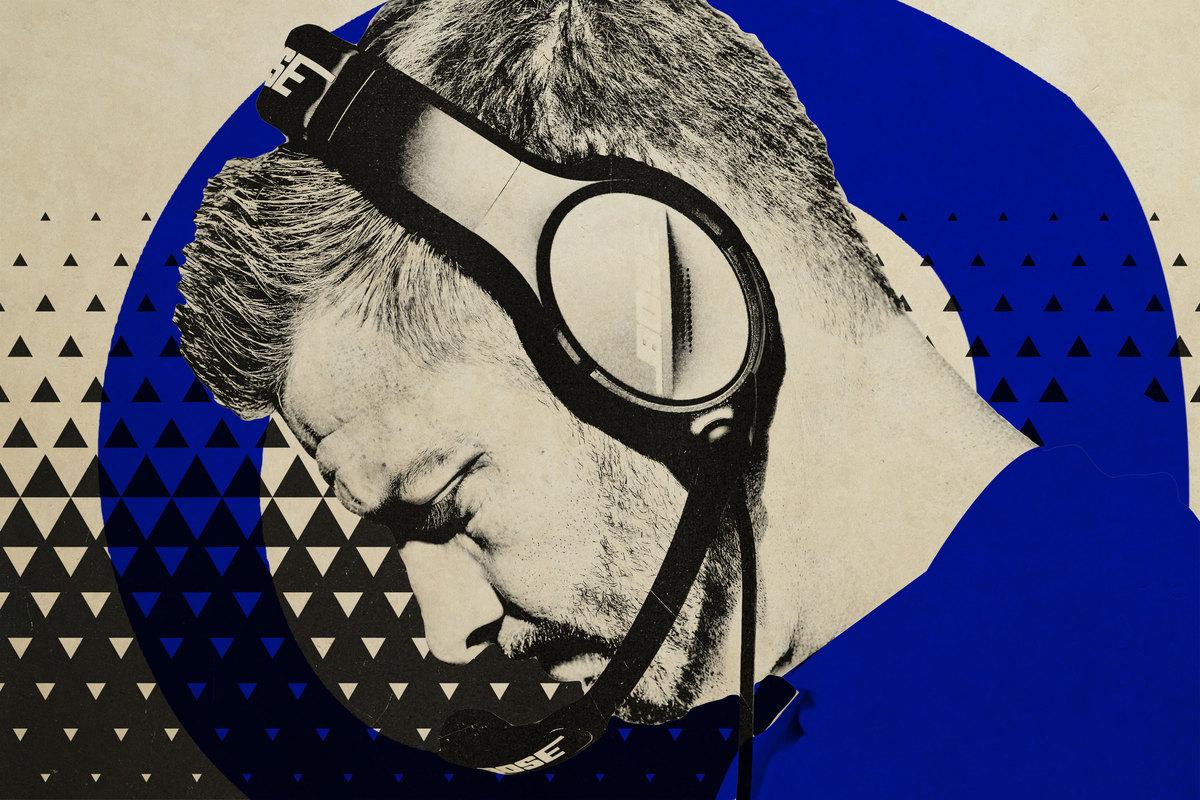
It’s getting later in the season, and for many NFL teams, the playoffs are in sight. But some squads are already looking to next year. As each club is eliminated from the postseason, The Ringer will examine what went right, what went wrong, and where the franchise could go from here. Today it’s the Rams, who were eliminated from the playoff race by losing to the 49ers on Saturday night.
What Went Right
The Rams offense got back on track for the end of the season after being derailed midyear. They dropped 34 points and 549 yards on Arizona in Week 13, 28 points and 455 yards on Seattle in Week 14, and 31 points and 395 yards on San Francisco in Week 16. Todd Gurley’s load management did seem to pay dividends in the second half of the year, as he broke 79 rushing yards three times since Week 11 after doing it only in Week 1 to start the year. The reinvigorated running game came after L.A.’s offensive line finally clicked after a disastrous start to the year. The team finally settled into a groove with guard Austin Blythe moving to center, third-round Oklahoma rookie Bobby Evans replacing the injured Rob Havenstein at right tackle, fifth-round Wisconsin rookie David Edwards stepping in at right guard, and second-year Nevada lineman Austin Corbett playing left guard after being acquired from Cleveland midseason.
The blocking got better, and that brought the offense back, but L.A.’s defense is the reason the team stayed in the playoff race until Week 16. The Rams are the eighth-most efficient defense according to Football Outsiders. They pressured the quarterback the third-highest rate in the league and ranked tied for fifth-most sacks in the league. Two-time Defensive Player of the Year Aaron Donald leads the league in tackles for loss (19 entering Week 16) and leads all interior lineman in quarterback hits (22) and sacks (11.0).
The Rams defense was either one of the league’s best or absolutely blown out of the water. From Week 7 to Week 12 they held the Falcons, Bengals, Steelers, and Bears to a combined 44 points, and then in Week 14 gave up 45 points to Baltimore. The next two weeks the Rams allowed just 19 points to the Cardinals and Seahawks combined, but were blown up by Dallas 44-21 in Week 15. Their season ended because rookie safety Taylor Rapp blew a coverage and allowed 49ers receiver Emmanuel Sanders to catch a deep pass and set up the game-winning field goal on Saturday. The defense’s lapses lasted for entire games, but most of the season the unit was stellar.
What Went Wrong
Everything after the Rams won the NFC championship game. The Patriots dismantled the Rams offense in the Super Bowl, and the team has not been the same since. In the 2018 regular season, the Rams ranked in the top two in points, yards, yards per play, and first downs. This year they didn’t rank better than no. 12 in any of those categories.
Head coach Sean McVay’s offense collapsed as injuries and incompetence overtook the Rams offensive line. Right tackle Rob Havenstein and guards Joseph Noteboom and Blythe were abysmal in the first half of the season. Noteboom, Havenstein, and center Brian Allen eventually suffered injuries that sidelined them for at least a month each. The injuries took an immediate toll on the Rams running game. The Rams went from 2018’s no. 1 ranked run-blocking offensive line by Football Outsiders (the numbers test) and Pro Football Focus (the eye test) to 2019’s no. 15 ranked run-blocking line by Football Outsiders and the no. 25 by PFF in 2019. For a team focused on running and play-action, that’s less than ideal. And with Todd Gurley nowhere near his 2017 or 2018 form, the team was forced to turn to Jared Goff more than ever before.
That plan went poorly. In 2018, Goff ranked no. 6 among qualified passers with 7.7 adjusted net passing yards per attempt (which includes sacks, picks, and touchdowns). In 2019, that figure dropped a full 1.5 yards per throw to 6.3, which ranks no. 18 in the league (just one spot ahead former Ram quarterback Case Keenum). That was largely tied to a drop in efficiency in play-action passing. In 2018, Goff averaged 10.0 yards per pass attempt—exactly a first down—for every play-action dropback. That was the second-best mark in the league. This year, Goff has averaged 8.8 yards per play-action dropback, tied with Sam Darnold for no. 9. Receiver Brandin Cooks suffered two concussions this season and did not have the same impact after he returned. Receiver Cooper Kupp started hot in the first half of the season but barely made an impact in the second half. Ultimately, however, the Rams’ play-action game and rushing declined because their offensive line played terribly, and Goff couldn’t make up for it.
Free Agency
It’s a real problem that Goff wasn’t a difference-maker for the Rams this year, because his cap hit next season is $36 million. Goff, Donald, Todd Gurley, and Brandin Cooks will have a combined cap hit of $95 million next year, almost half of the projected 2020 salary cap of just under $200 million per team. Considering Donald is the only one of those players playing at a level worthy of his salary, that’s a gigantic issue. Toss in right tackle Rob Havenstein earning $7 million per year but playing like a backup, and the Rams have more than half of their $200 million budget committed to five players, and four of them are not pulling their weight.
That problem will get bigger. The Rams traded for cornerback Jalen Ramsey, who will likely sign the biggest contract for a cornerback in NFL history at some point this offseason. Even if that deal’s cap hit doesn’t really hit until 2021, the Rams will be locked into massive contracts for the next few years. NFL teams’ cap situations are usually fairy dust, but this Rams team is in a bind unlike any other NFL team except the Falcons. That’s a long way of saying don’t expect the Rams to sign any big free agents this offseason, though they’ll have plenty of holes to fill. Left tackle Andrew Whitworth is a free agent and 38 years old, so the Rams’ best lineman may retire. He would be difficult to replace on the field and in the locker room.
The defensive situation is worse. Pass rusher Dante Fowler Jr. is set to be a free agent. Fowler is a 26-year-old pass rusher who went no. 3 in the 2015 draft and has looked better since leaving the dumpster-fire Jaguars. He’ll probably command far too much money in free agency for the Rams to retain him. The team may try to keep defensive tackle Michael Brockers, Donald’s longtime sidekick, but the unrestricted free agent may seek a larger payday elsewhere. Ditto for inside linebacker Cory Littleton.
The biggest departure on defense could be coordinator Wade Phillips, who is 72 and may not return to the Rams in 2019. Phillips has been instrumental to the Rams’ success with a defense that led to Donald earning two Defensive Player of the Year trophies and holding the New England Patriots to their fewest points in a Super Bowl (13). Phillips has also been a key figure for Sean McVay. McVay was the youngest coach in NFL history when he was hired, and one of his first moves was bringing on Phillips, who first coached in the NFL in 1976 (10 years before McVay was born), and had been a defensive coordinator for 25 years. Phillips might be harder to replace than any of the players who could leave this offseason.
Draft
The last time the Rams had a first-round draft pick was in 2016, when they took Goff. The aren’t slated to have another one until 2022. That sounds like James Dolan has taken a break from the New York Knicks to run a football team. The Rams have built a top-heavy roster, but have struggled to draft talent to patch the holes around their roster. General manager Les Snead has tried to fill in the margins with veterans like Fowler, safety Eric Weddle, and pass rusher Clay Matthews. But veterans can never replace the impact of a good draft class, and the Rams have been spending three years trading away their best picks for stars. L.A. would be wise to take their second-round pick and trade back for more picks, but that’s never exactly been their style. If they do use these picks instead of trading them away, they’d be wise to invest in some offensive line talent. TCU’s Lucas Niang, USC’s Austin Jackson, and Washington’s Trey Adams are all attainable tackle prospects. Washington’s Nick Harris, Mississippi State’s Darryl Williams, or Tennessee’s Trey Smith could help them as interior linemen and will likely be available after the first round.

